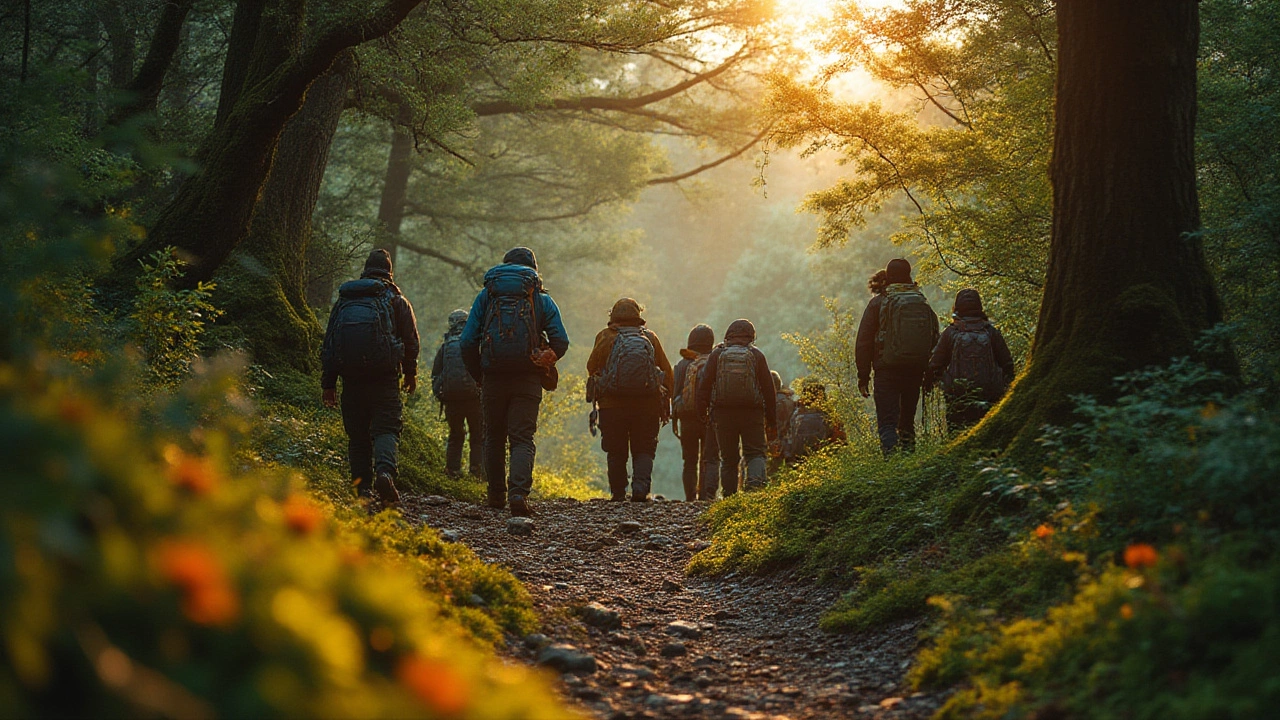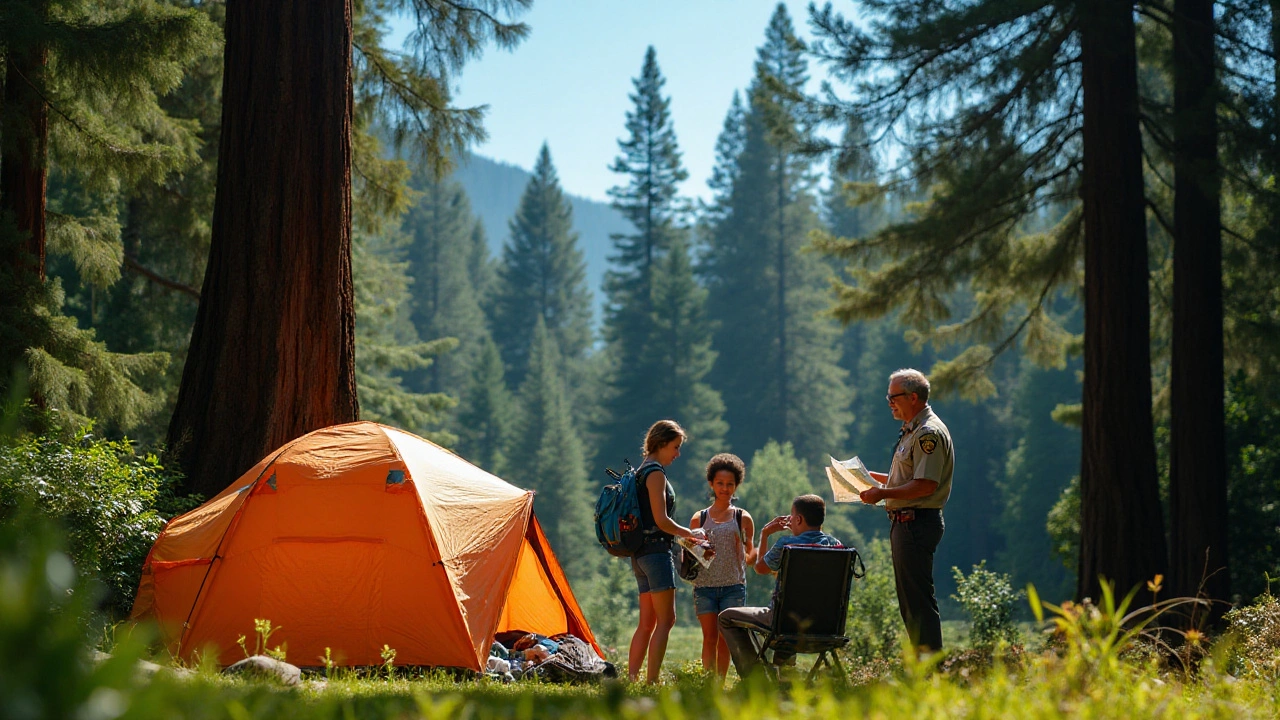
Rip Camping: The Unfiltered Guide to Wild Camping in the UK
Rip camping is raw outdoor camping away from official sites—think wild nights under the stars but with unique challenges and etiquette. Here’s what to know.
Read MoreIf you love waking up under the stars but don’t want a ticket on your windshield, you need to know the basics of UK camping law. It’s not as complicated as you might think – most rules come down to where you set up, how long you stay, and what you bring with you. Below you’ll get the straight‑forward facts that let you camp confidently, whether you’re in a public park or a quiet forest.
Most local councils treat public parks as green spaces for day use, not overnight stays. If you pitch a tent in a city park after sunset, you’re likely breaking the by‑law and could face a fine. The safe route is to check the park’s website or call the council before you go. Some parks have dedicated “camping zones” that you can book in advance – think of them as cheap, low‑key campgrounds.
When you do find a legal spot, keep these habits in mind:
Our post “Can You Legally Camp in UK Public Parks? Rules, Risks, and Tips” dives deeper into specific council policies and how to avoid unwanted attention.
Wild camping – setting up a tent on a piece of open land without a formal campsite – is legal in England, Scotland, and Wales as long as you follow the “leave no trace” principle and respect private property. The key is to pick a spot that isn’t marked as private, isn’t within 100 m of a house, and isn’t causing damage to the environment.
Scotland has the most relaxed rules, thanks to the Land Reform Act, which gives you the right to camp on most land as long as you act responsibly. In England and Wales, you’re on safer ground when you camp on “access land” – common land, open countryside, or national park areas that allow public access.
Here are three quick checks before you set up:
For a full breakdown of forest rules and hidden tips, see our article “Can You Camp in the Woods in the UK? Laws, Tips & Wild Camping Secrets.” It covers what to pack, how to stay invisible to landowners, and the best UK woods for low‑key camping.
Don’t forget about gear that can get you in trouble. Carrying a bushcraft knife is fine for food prep, but UK knife laws restrict blade length and intent. Our guide “Bushcraft Knife Laws UK: Can You Carry One While Wild Camping?” explains which knives are allowed and how to store them safely.
Finally, remember that even legal spots have unwritten rules: keep noise down after 10 pm, use a portable toilet or the “cat‑hole” method far from water sources, and be ready to move if a landowner asks you to leave. Respecting these basics keeps the whole camping community happy and protects the places we love.
With these simple checks, you can enjoy the freedom of UK camping without fearing a fine or a confrontation. Pack light, stay clean, and hit the road – the great outdoors is waiting.

Rip camping is raw outdoor camping away from official sites—think wild nights under the stars but with unique challenges and etiquette. Here’s what to know.
Read More
California's diverse landscapes invite outdoor enthusiasts to camp in its magnificent woods. However, the legality of camping in these areas requires a deeper understanding of state laws and regulations. While some spots offer legal camping options, many areas in California restrict or ban wild camping. This article explores the legality, provides useful camping tips, and helps you plan an enjoyable camping adventure in California's scenic forests.
Read More